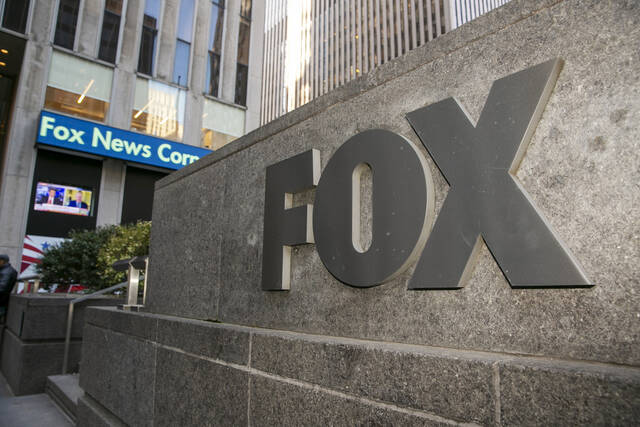Just as there are no sure winners in the stock market, there are no sure losers. But I can tell you something that’s close.
If you want excellent odds of losing your money, invest in a stock selling for 100 times revenue or more.
Each year from 2000 through 2006, I compiled a warning list of such stocks. During those seven years, 39 stocks were featured. Their average 12-month return was a loss of 31%. Over the same periods, the Standard & Poor’s 500 Index gained an average of 4.6%.
Of the 39 stocks, 26 declined over the next 12 months and 13 advanced. Six out of seven times, the warning list under-performed the S&P 500.
Unlikely Math
Before I present my eighth warning list, let me explain why, in my opinion, it is almost impossible for a stock to be worth 100 times revenue.
Suppose a company makes karaoke equipment. Imagine there is a huge fad involving karaoke singing, and postulate that the company’s equipment is endorsed by Taylor Swift and Justin Timberlake
In that festive atmosphere, the stock sells for 100 times revenue. Can this possibly work out to be a good investment?
Let’s assume the company grows its revenue at 40% a year for five years and it earns a 45% pretax margin — better than that of famously profitable Microsoft Corp.
After five years, assuming the stock price is unchanged, the shares will fetch 41 times earnings, a well-above-average multiple.
Note how optimistic the assumptions are. But what are the chances of everything going right? Perhaps in five years bowling will supplant karaoke, Justin Timberlake will be passé and Taylor Swift will have settled down to raise kids.
The example is tongue-in-cheek, but the principle is usually true. When a stock is priced for perfection, perfection rarely happens.
Biotech Craze
Many of the stocks I have highlighted over the years that sold for more than 100 times revenue were biotech firms. Some scored gains. Vicuron Pharmaceuticals Inc., for example, rose 64% in 2005-06 as it was acquired by Pfizer Inc. (PFE).
But several were disasters. For example, Telik Inc., on the 2005 list, fell 70% in a year. Transkaryotic Therapies Inc, on the 2002 list, dropped 88%. Human Genome Sciences Inc., on the list twice, fell 54% in 2001-02 and another 71% in 2002-03.
Proponents of biotech stocks have some valid arguments. Big pharmaceutical companies acquire biotech firms to gain access to their research. And some day, some biotech firm may discover a cure for cancer. My problem with biotech stocks is that many of them are priced as if they will be the ones to make that discovery, and soon.
I will put two biotech firms on the warning list this year: Inhibitex Inc. (INHX) at 888 times revenue and Ziopharm Oncology Inc. (ZIOP) at 752 times revenue. Inhibitex emphasizes the prevention and treatment of bacterial and fungal infections in hospitals. Ziopharm is trying to develop and acquire cancer drugs.
Star Scientific Inc. (CIGX) of Glenn Allen, Va., sells for 457 times revenue. It is a story stock, but the story changes from time to time. Sometimes it is about the chances for striking gold in a lawsuit against RJ Reynolds Tobacco. Sometimes it is about a lozenge to help people stop smoking. And lately it is about a nutritional product that the company thinks may combat Alzheimer’s disease.
Pendrell Corp. (PCO) is an intellectual property company based in Kirkland, Wash. The company owns a large number of patents, including about 260 that it picked up recently with its $90 million acquisition of privately-held ContentGuard. Pendrell shares fetch 528 times revenue.
Houston American Energy Corp. is a small oil and gas company based in Houston. So far this year (through September), its revenue was less than $1 million. And yet its stock market value is $390 million. Its price/revenue ratio is 126.
I recommend avoiding these five stocks. If you happen to be a short seller, who bets on selected stocks to decline, these might be candidates for investigation. My firm and I have no positions in these stocks, long or short.
For those who are wondering, the initial public offering of Facebook, soon to take place, won’t involve a price/revenue multiple of 100. According to market scuttlebutt, the multiple probably will be about 25 — still greatly overvalued in my opinion.







